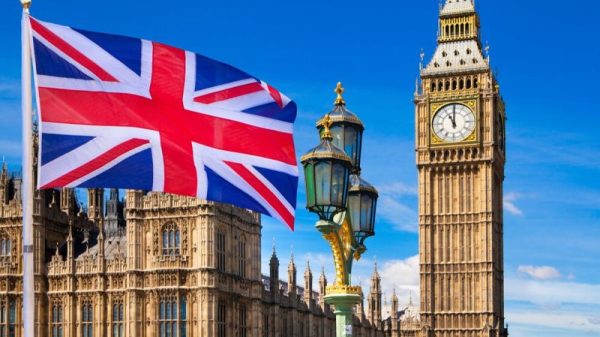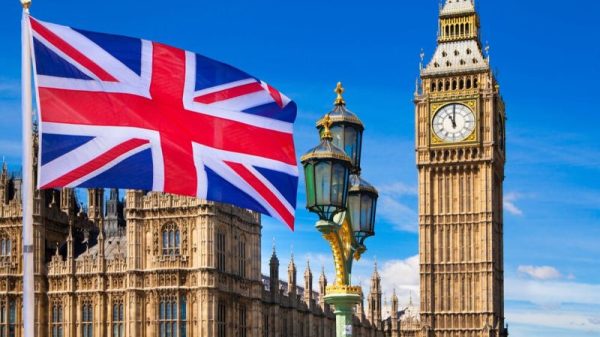Peter Van Doren
Automobile fuel mileage standards (also known as Corporate Average Fuel Economy or CAFE standards) are back in the news. The Senate budget reconciliation bill (also known as the One Big Beautiful Bill) contains a provision to set the fines to $0 for violation of those standards, although the actual law is not repealed because it could not be under the rules that govern budget reconciliation.
CAFE should have ended a long time ago. The problem for which it was designed (consumer myopia) never existed. And its repurposing as climate change policy is inefficient and regressive. While the Senate provision may appear to be a clever strategy to “repeal” CAFE, it is just another round of environmental policy ping-pong that will be reversed by the next Democratic administration.
First, some background. Enacted after the 1973–74 oil shock, CAFE was a political solution to a political problem: soaring oil prices. The standards were premised on the belief that consumers would not pay more for cars that used less fuel, even if the reduced fuel use more than paid for the extra initial cost of the more efficient vehicle. Instead, CAFE sought to force automakers to produce higher-mileage cars and thereby reduce fuel use despite the supposed myopia of consumers. Subsequent economic research has shown that consumers were not myopic. Consumers’ willingness to pay for higher mileage capability approximately equals the expected future fuel cost savings without government intervention.
Even though the original rationale for CAFE has been undermined by the evidence, CAFE lives on with a new purpose: climate change. Since the 2007 Supreme Court decision in Massachusetts v. Environmental Protection Agency that the EPA has the authority to regulate tailpipe greenhouse gas emissions, CAFE has become a tool for CO₂ emissions reduction.
But, as I have previously argued, CAFE is an inefficient and clumsy tool because it targets only one source of greenhouse gas emissions, and it does so indirectly. Directly taxing carbon emissions would much more effectively incentivize businesses and consumers to reduce their greenhouse gas emissions. The indirect CAFE program costs the economy at least six times as much as a carbon tax that reduces emissions equivalently.
CAFE standards are less stringent for larger cars and light trucks. This has actually induced an increase in vehicle size and weight that has resulted in increased fatalities from collisions.
Many prefer CAFE standards because they believe that taxes on carbon emissions would be regressive, falling heavily on lower-income households. But CAFE places an even heavier burden on the low-income.
If reducing greenhouse gas emissions is a worthwhile goal, we should pursue policies that directly address the problem and utilize prices rather than regulation to reduce emissions. While the Senate provision to reduce fines to zero may seem to achieve this, it is too clever by half.























